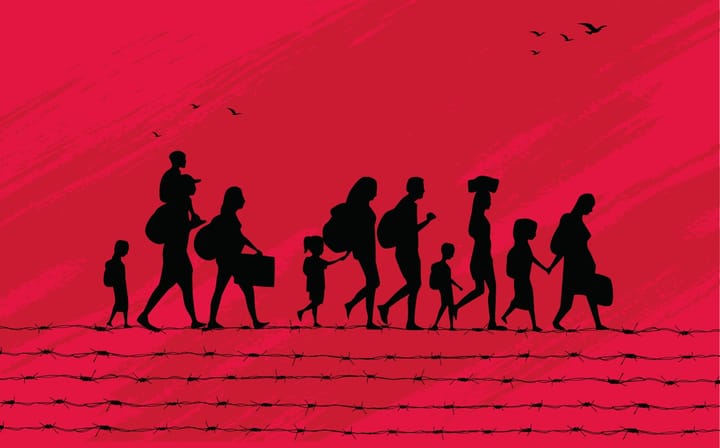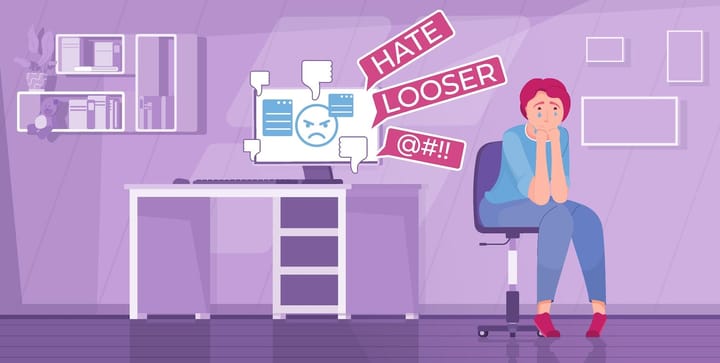Gross Misinformation on the Net

May 10, 1999
AS THE POPULARITY of the Internet increases, it has become quite common to turn to the Internet for information. One tends to favor the Internet because it is becoming easy to use and can provide information about a vast number of subjects. I hear quite often that the Internet is the best source for information retrieval today.
The worrying thing is that more and more people also tend to blindly trust the content they find on the Internet, although they have little or no information about the person or organization behind the content.
I recently visited St Andrews Inn in Stockholm with a few friends. Beforehand, I had checked out the St Andrews Inn web site and so I knew what beer they had to offer. But upon my request for a Double Diamond, the bartender merely shook his head and replied: “- We don’t have that.” Dumbfounded, I went through the beer list on the chalkboard and ordered a Hansa. I had known that they had Double Diamond because their web site stated that 'fact'. And yet, in real life, they did not offer that beer. It’s at times like these when you need a moment to recollect yourself.
THE INTERNET IS the largest contributor of misinformation today. Nowhere else can you spread lies and rumors at lightning speed around the globe; lies and rumors that we all believe because we want to believe them, or just the content appearing on the Internet makes it feel more true. But even if people are not spreading lies and rumors, they may be hosting out-of-date web sites, another great misinformation source. And as few sites have dedicated webmasters working on them, keeping them up-to-date, the number of misinformation sources are steadily increasing!
Why do so many believe the Internet? Experts claim that it is due to the belief that computers don’t make mistakes. And since the academic-scientific community developed the Internet, people tend to place far too much trust in stories merely because they appear on a computer screen.
A few weeks ago somebody spread the rumor, on the Internet, that Mariah Carey, upon hearing news that the King of Jordan had died, said the following: “I’m inconsolable at the present time. I was a very good friend of Jordan. He was probably the greatest basketball player this country has ever seen; we will never see his like again.”
Of course, Mariah Carey never said anything like this, but millions of people still believe it to be true. The story spread like wildfire across the Internet, and ran in many tabloids. Somebody wants Mariah Carey to look bad and few people bothered to doubt the authenticity of the statement. It makes you wonder what other stories people could make up and have you believe as a fact. Could medical web sites be fabricated? What happens when people’s lives are at stake? What if someone consults a bogus doctor over the Internet? What if a mother nurses her sick child according to the instructions of an out-of-date web page, or one published by a 14-year old as a joke?
THE INTERNET FORCES us to take responsibility for our own actions, thoughts and beliefs about what is the truth. Take a minute to apply a critical mind to content you find on the Internet. If you don’t think twice before forwarding an e-mail message to your friends and colleagues, you may be contributing to further misinformation.
As many of you know, each year the Internet must be shut down for 24 hours in order to allow us to clean it. The cleaning process, which eliminates dead e-mail and inactive ftp, www and gopher sites, allows for a better-working and faster Internet.
This is an e-mail joke that turns up around April Fools day every year, stating that the Internet will be closed during a day for spring cleaning, as old sites are being removed. To me, it sounds like a brilliant idea.
Meanwhile, be skeptical… be very, very skeptical. Because your local bar may not have the beer their web site claims.




Comment